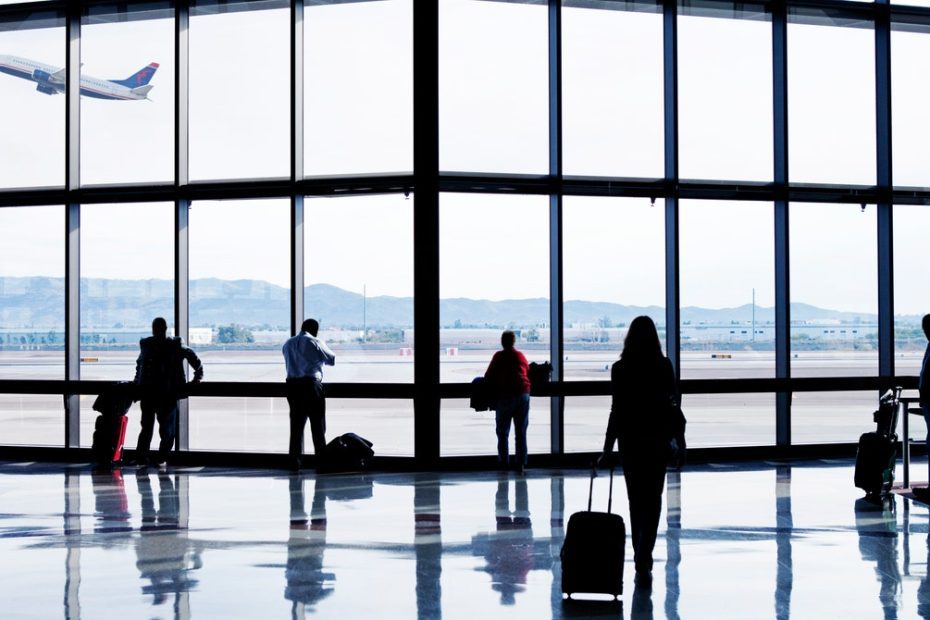This article is re -published The conversation under one Creative Commons license.
Many of us have witnessed unusual and even antisocial behavior at an airport or during a flight. These can vary from benign actions such as sleeping on the floor or doing yoga for the flight information display system to serious incidents such as drunk arguments in the early morning or even try to open the flight doors.
These more sinister problems seem to have been exacerbated in recent years, with increasing air -rage incidents and escape threads. Such incidents have led to calls to reduce or even prohibit the sale of alcohol at airports and on aircraft. Ryanair, for example, has called for a limit with two drinks at airport bars to stop drunk incidents on aircraft.
But where is it about airports that make us worn differently? Let's look at psychology.
Many holidaymakers believe that the adventure starts at the airport, so that they are brought into a different state of mind than normal. They would like to start with them one or two weeks of relaxed hedonism with a flowering.
However, others are worried about flies, so that they can act or resort to alcohol. The noise and crowds of airports also do not help. As the area of environmental psychology has shown, people are very sensitive to our immediate environment and can easily be “overloaded” due to stressors such as crowds and noise.
Stress and anxiety cause irritability, both on a temporary and continuous basis. People who are generally anxious are more susceptible to anger. And a temporary fearful mood often causes angry outbursts.
In my opinion, we also have to look at the airport from a psychogeographic perspective. PsychoGoography studies the effect of places on the emotions and behavior of people, in particular urban environments.
In Celtic cultures there is a concept of special 'thin places' – often holy bushes or forests – where the veil between the material and spiritual world is thin. In thin places we are between two rich, nor completely in one place nor the other.
In the modern technological world, airports can also be seen as 'thin places'. They are liminal zones where boundaries blur. National boundaries dissolve on a literal level. As soon as we pass security, we enter a no-man-country between countries. The concept of place becomes blurry.
In the same way, time becomes a blurry concept at airports. At the point to get on an airplane, we are in a liminal space between two time zones, about to jump forward in time, or even go back in the past. Some flights through the US – such as Atlanta to Alabama – land rather than departure time, while traising time zones. Being able to manage our time gives us a sense of control over our lives. This losing can be a different source of fear.
In another sense, airports are a zone of absence, where the present moment is unwelcome. Everyone's attention turns to the future, to their flights and the adventures that are for them when they arrive at their destination. This intense future focus often yields frustration, especially if flights are delayed.

